Perth and Kinross Council is pressing on with its “no mow” approach to some public areas, despite complaints that a reduction in grass cutting is encouraging fly-tipping and dog-fouling.
The pledge comes after residents in Carsie, near Blairgowrie, submitted a petition calling for grass-cutting to be reinstated.
The 76 signatories said the policy had been forced on them.
The petition reads: “As residents of Carsie, we strongly object to the second year of ‘rewilding’ the council is forcing upon us.
“This makes the area unsightly, dog owners leaving dog faeces on the long grass, also encourages ticks – which carry Lyme disease plus others and fly-tipping.”
The petition goes on: “It must be costing the council more time and money by cutting paths through parts of the grass.
“We are surrounded by woodland, farms, and golf courses. This ‘re-wilding project’ seems a pointless object in the bigger scheme.”
Councillors question Perth and Kinross grass cutting policy
Councillors on Perth and Kinross Council’s climate change and sustainability committee met to consider the petition this week.
The group agreed to increase the number of “no mow” and “cut and lift” areas earlier this year. That followed trials across 42 grassland sites in 2021/22 and 2022/23.
Carsie residents attended Wednesday’s meeting, as did local Conservative councillors Caroline Shiers and Bob Brawn.
Mr Brawn told the committee: “There’s been no consultation with the local community at all.
“The fact is the people in Carsie do not like it. I believe that if we get them involved we could move forward.”
Executive director of communities Barbara Renton apologised to locals who felt they had not been involved in the policy.
However, convener Richard Watters tabled a motion to note the petition and continue with the current approach. This was voted through by seven votes to four.
‘We cannot and will not please everyone’
After the meeting Mr Watters said: “While I understand the concerns raised by the petition regarding the changes to council policy on grass cutting and the introduction of ‘no mow’ areas; it is important that we as a council take steps to improve biodiversity and our natural environment throughout the area for local wildlife and vegetation.
He went on: “This is a long-term strategy for improving biodiversity across the area and we absolutely appreciate that we cannot and will not please everyone.
“However, I truly hope that discussions such as these can continue and together we will find the right balance for everyone.”
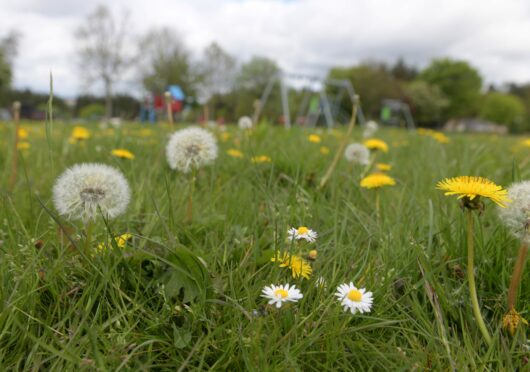
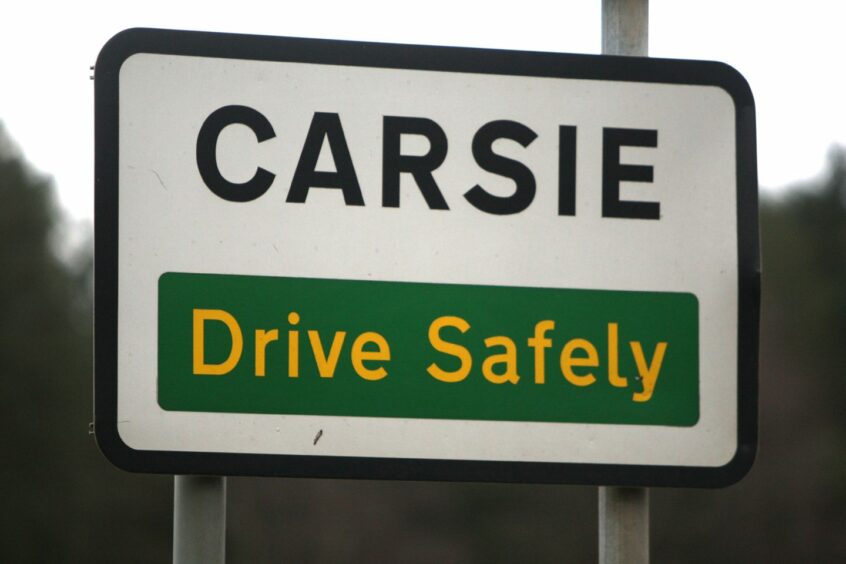
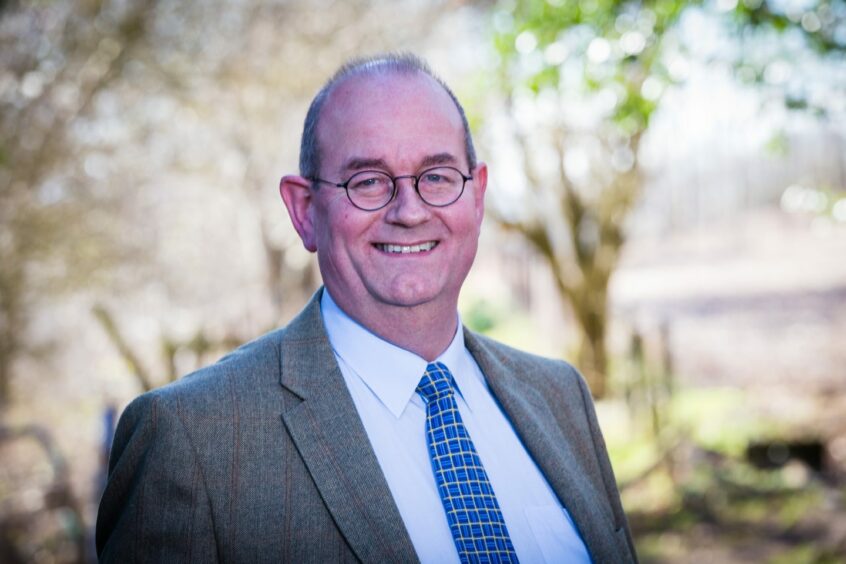
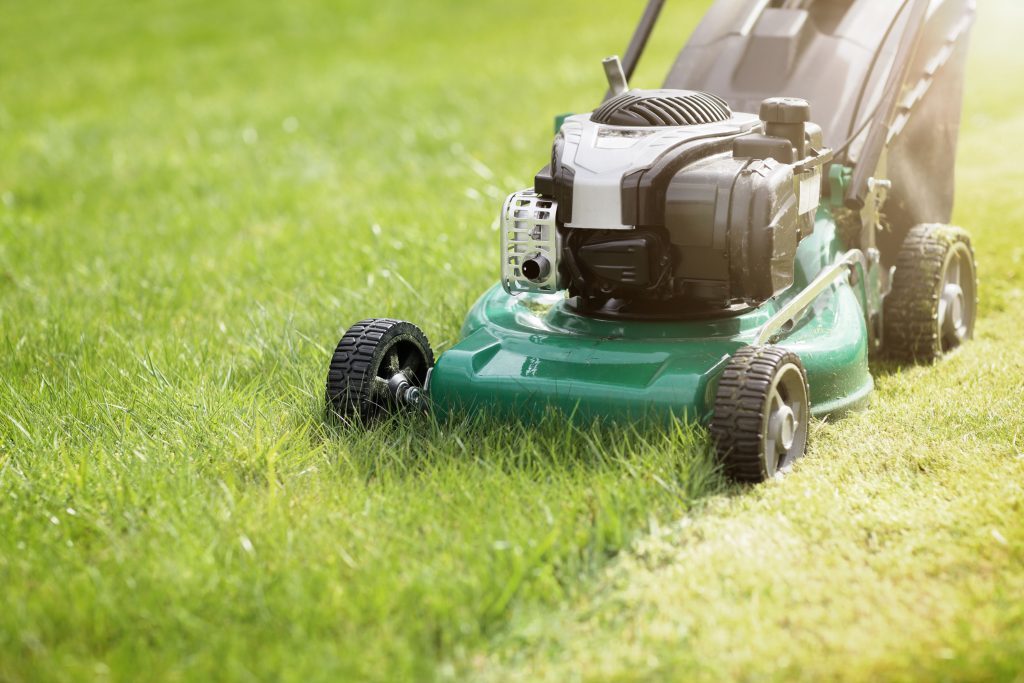
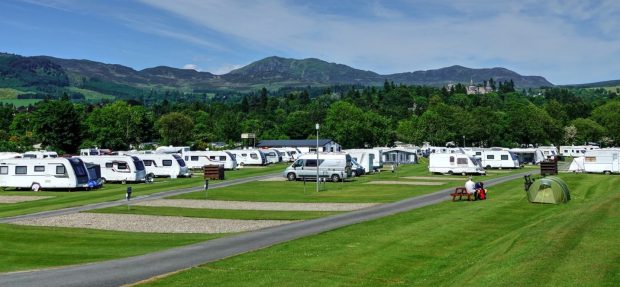
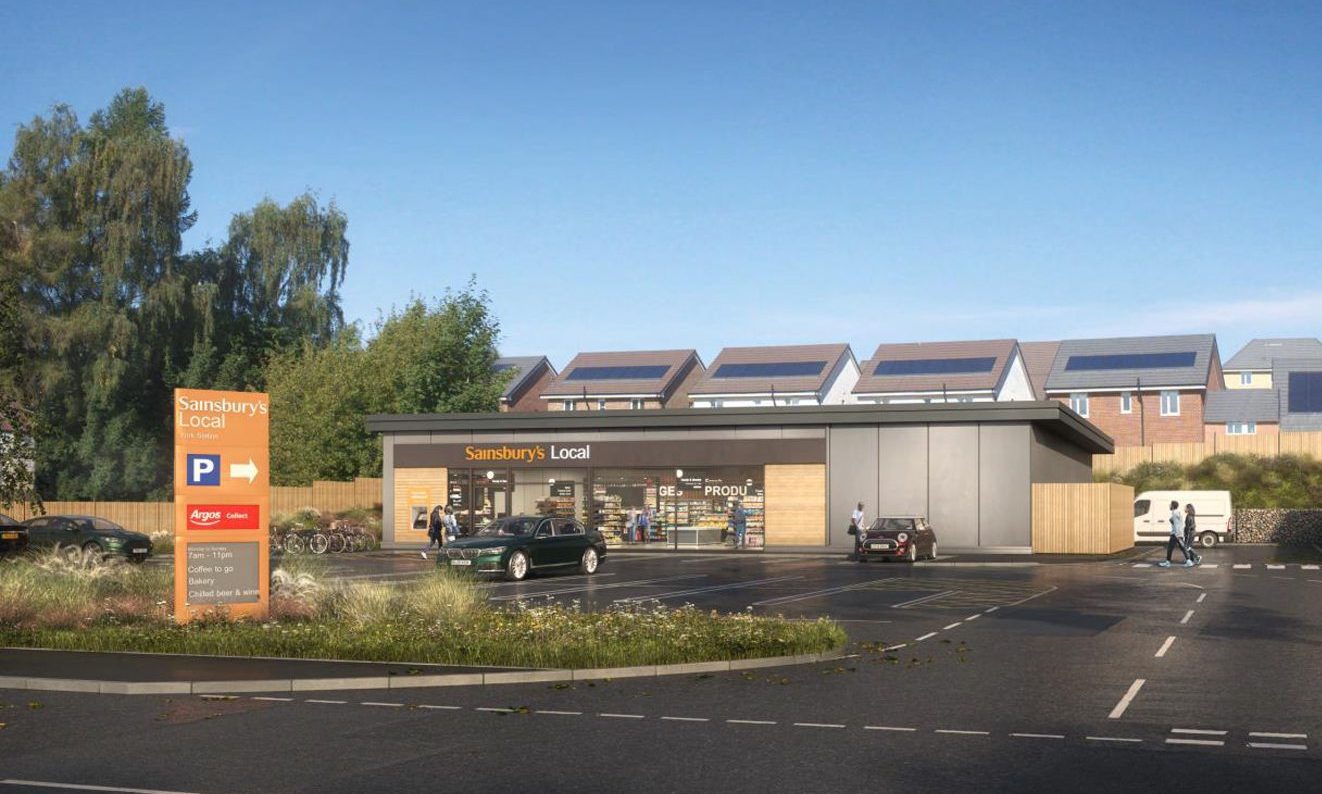

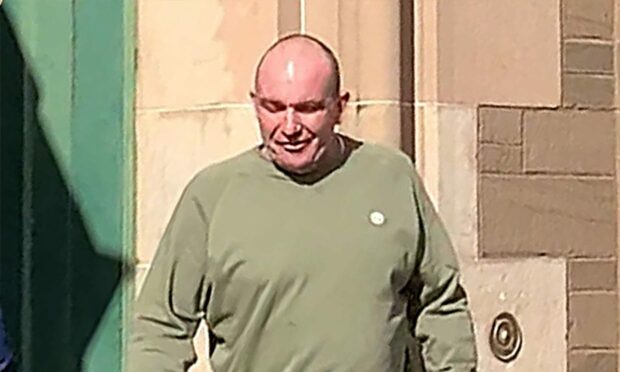
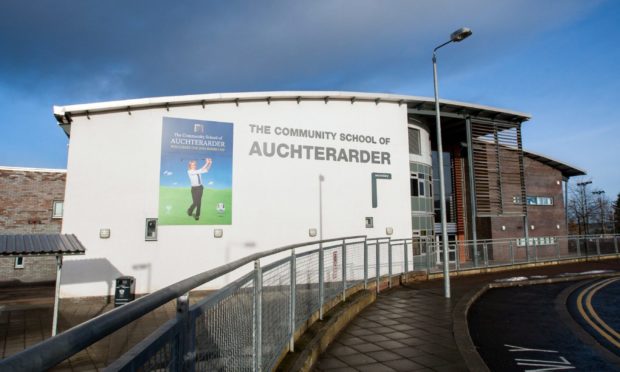
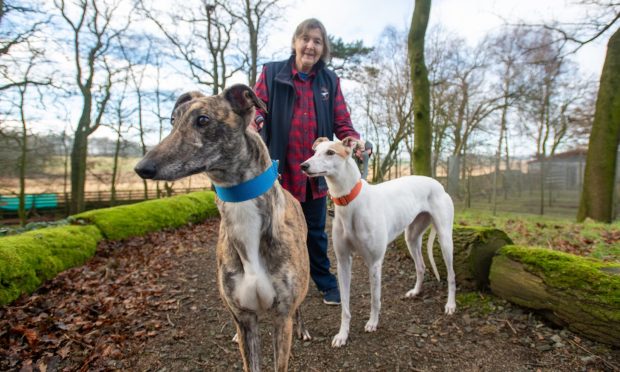
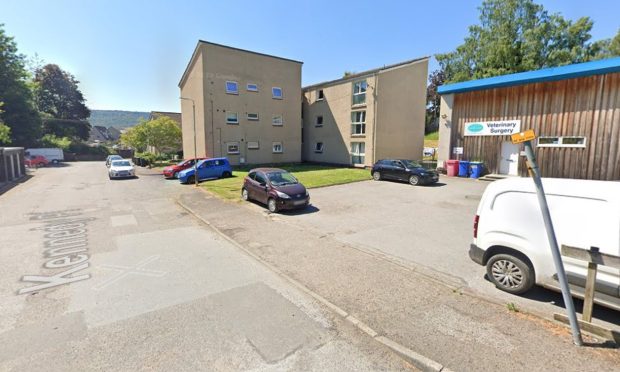
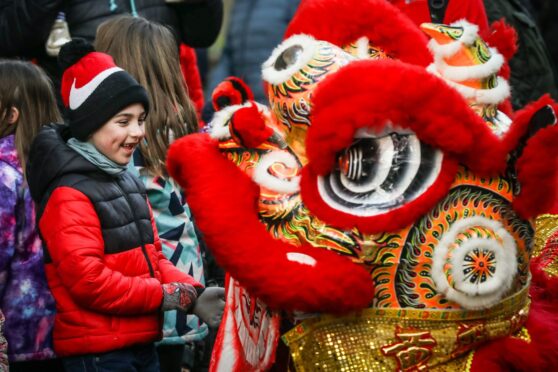

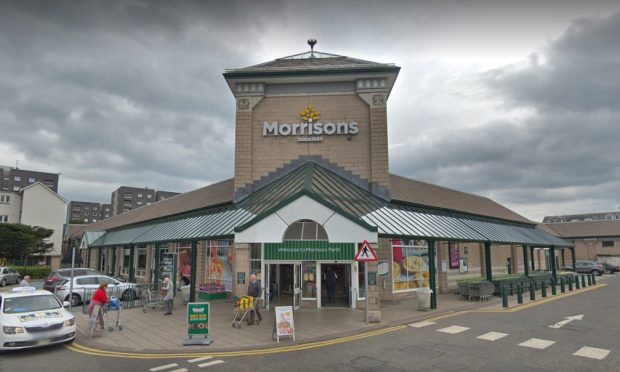
Conversation